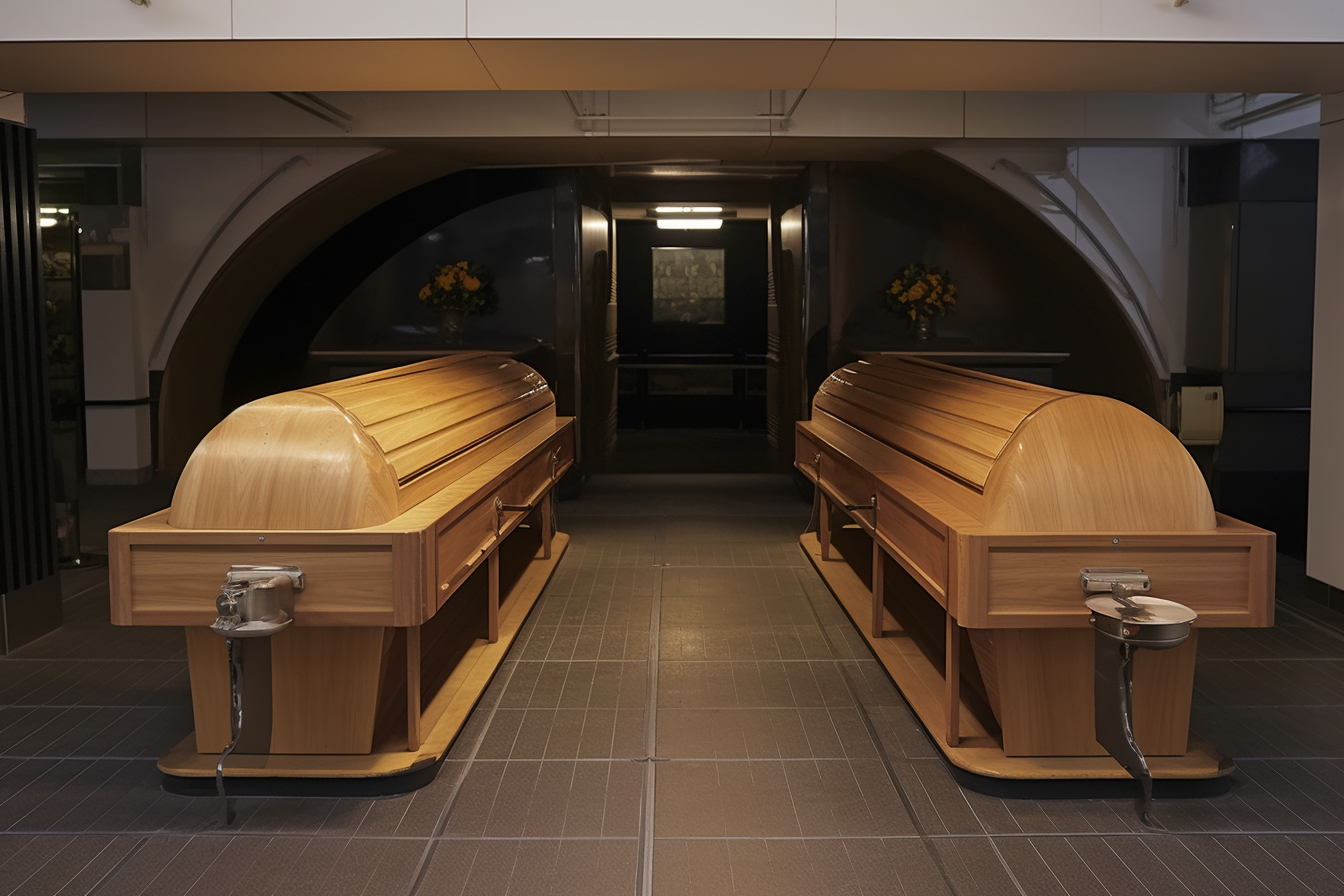Understanding the Cremation Process: Step-by-Step Guide
Cremation has become an increasingly popular choice for end-of-life arrangements in recent years. This process, which involves the reduction of a body to its basic elements through high heat, offers a different approach to traditional burial. For those considering cremation or simply seeking to understand the process better, this guide provides a comprehensive overview of what happens during cremation, from start to finish.

What Really Happens Before Cremation?
Before any cremation can take place, several important legal and practical steps must be completed. The death must first be registered with the local registrar, who will issue a death certificate. A medical certificate confirming the cause of death is required, and in some cases, a coroner’s investigation may be necessary.
The funeral director will obtain all necessary paperwork, including cremation forms completed by two doctors and the applicant for cremation. The deceased must be formally identified, and any medical devices such as pacemakers or radioactive implants must be removed, as these can pose safety risks during the cremation process. Personal items like jewellery are typically removed and returned to the family, though some families choose to leave certain meaningful items with their loved one.
How Is the Cremation Process Carried Out?
The actual cremation takes place in a specially designed cremator, which operates at temperatures between 800-1000 degrees Celsius. The coffin containing the deceased is placed into the cremation chamber, where intense heat and flame reduce the body and coffin to bone fragments and ash. Modern crematoriums use sophisticated filtration systems to ensure emissions meet strict environmental standards.
Throughout the process, strict identification procedures ensure that each person’s remains are kept separate and properly tracked. A metal disc bearing a unique identification number stays with the deceased throughout the entire process. The cremation is carried out with dignity and respect, often with family members able to witness the committal if they wish.
What Happens After the Cremation Is Complete?
Once the cremation is finished and the cremator has cooled, any remaining bone fragments are carefully collected and processed into a fine ash using a special machine called a cremulator. Any metal items, such as surgical implants or coffin fittings, are removed and disposed of appropriately or recycled where possible.
The ashes are then placed in a temporary container or an urn chosen by the family. The identification disc is checked against all documentation to ensure accuracy before the ashes are sealed and prepared for collection. Families typically have several options for what happens next, including scattering the ashes in a garden of remembrance, taking them home, or arranging for burial in a cemetery plot.
How Long Does Cremation Take?
The entire cremation process typically takes between 2-4 hours to complete, depending on various factors including the size of the deceased and the type of coffin used. However, families should understand that this refers only to the actual cremation time, not the overall timeframe from death to receiving the ashes.
The complete process, from initial arrangements to collecting the ashes, usually takes 7-14 days. This includes time for obtaining necessary documentation, preparing the body, scheduling the cremation service, and processing the remains. Some crematoriums may take longer during busy periods, and additional time may be needed if a coroner’s investigation is required or if there are delays in obtaining the proper certificates.
Cremation Service Providers and Costs
Cremation costs in the UK vary significantly depending on location, service provider, and specific requirements. The basic cremation fee charged by crematoriums typically ranges from £500-£900, but this represents only one component of the total cost.
| Service Provider Type | Basic Cremation Fee | Additional Services | Total Cost Range |
|---|---|---|---|
| Local Authority Crematoriums | £500-£700 | Limited extras | £500-£800 |
| Private Crematoriums | £600-£900 | Music, webcast, extended services | £700-£1,200 |
| Funeral Directors (full service) | Included in package | Complete funeral arrangement | £3,000-£6,000 |
Prices, rates, or cost estimates mentioned in this article are based on the latest available information but may change over time. Independent research is advised before making financial decisions.
Additional costs may include funeral director fees, coffin selection, flowers, memorial services, and urns or caskets for the ashes. Many families find that working with local funeral directors helps them navigate both the emotional and practical aspects of cremation arrangements while ensuring all legal requirements are properly handled.
Understanding Your Options and Rights
Families have various rights and options throughout the cremation process. You can choose to have a traditional funeral service before cremation, a memorial service afterwards, or a simple direct cremation without a service. Most crematoriums offer facilities for religious or secular ceremonies, and many provide additional services such as live streaming for distant relatives or recording the service.
The cremation process, while deeply personal, follows established procedures designed to ensure dignity, respect, and legal compliance. Understanding these steps can help families feel more confident in their decisions and provide closure during the grieving process. Whether choosing cremation for practical, environmental, or personal reasons, knowing what to expect can make this difficult time more manageable for everyone involved.




